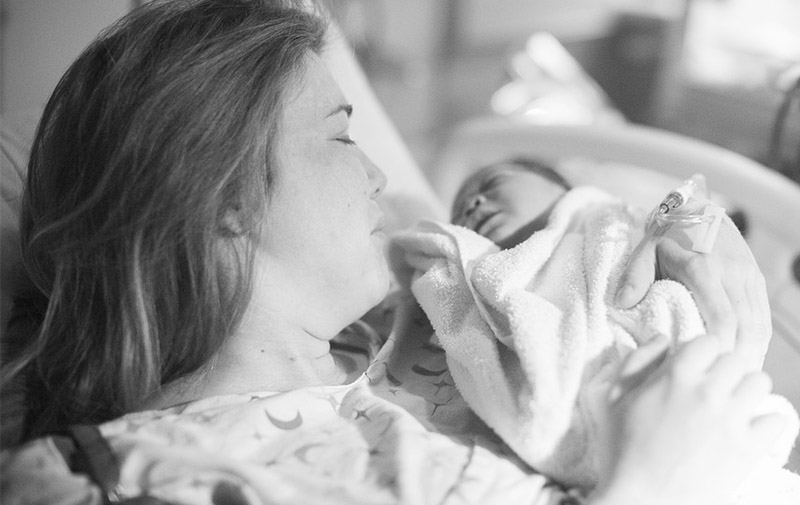Do APOE4+ women stand to benefit from menopausal hormone therapy? Piloting an experimental therapeutics approach to accelerate progress in dementia prevention research | Walsh | $44,875
Do APOE4+ women stand to benefit from menopausal hormone therapy? Piloting an experimental therapeutics approach to accelerate progress in dementia prevention research. 2023 Award: $44,875 Menopausal hormone replacement therapy (HRT) is not currently recommended to reduce risk for Alzheimer’s disease. However, emerging evidence suggests women who are APOE-4 carriers (the “Alzheimer’s gene”) may benefit from early initiation of HRT during the menopausal transition to reduce Alzheimer’s risk. We will pilot a short-term randomized, placebo-controlled trial to determine the potential efficacy of perimenopausal estrogen treatment to improve cognitive and brain markers associated with Alzheimer’s Disease in APOE-4 carriers compared to non-carriers. Need/Problem: Menopausal hormone replacement therapy (HRT) is not currently recommended to reduce risk for Alzheimer’s disease. However, emerging evidence suggests women who are APOE-4 carriers (the “Alzheimer’s gene”) may benefit from early initiation of HRT during the menopausal transition [...]







